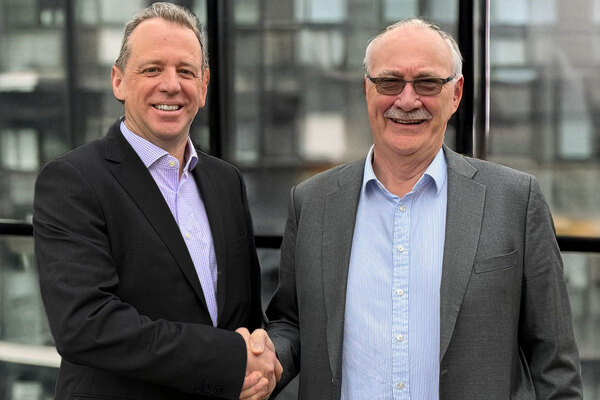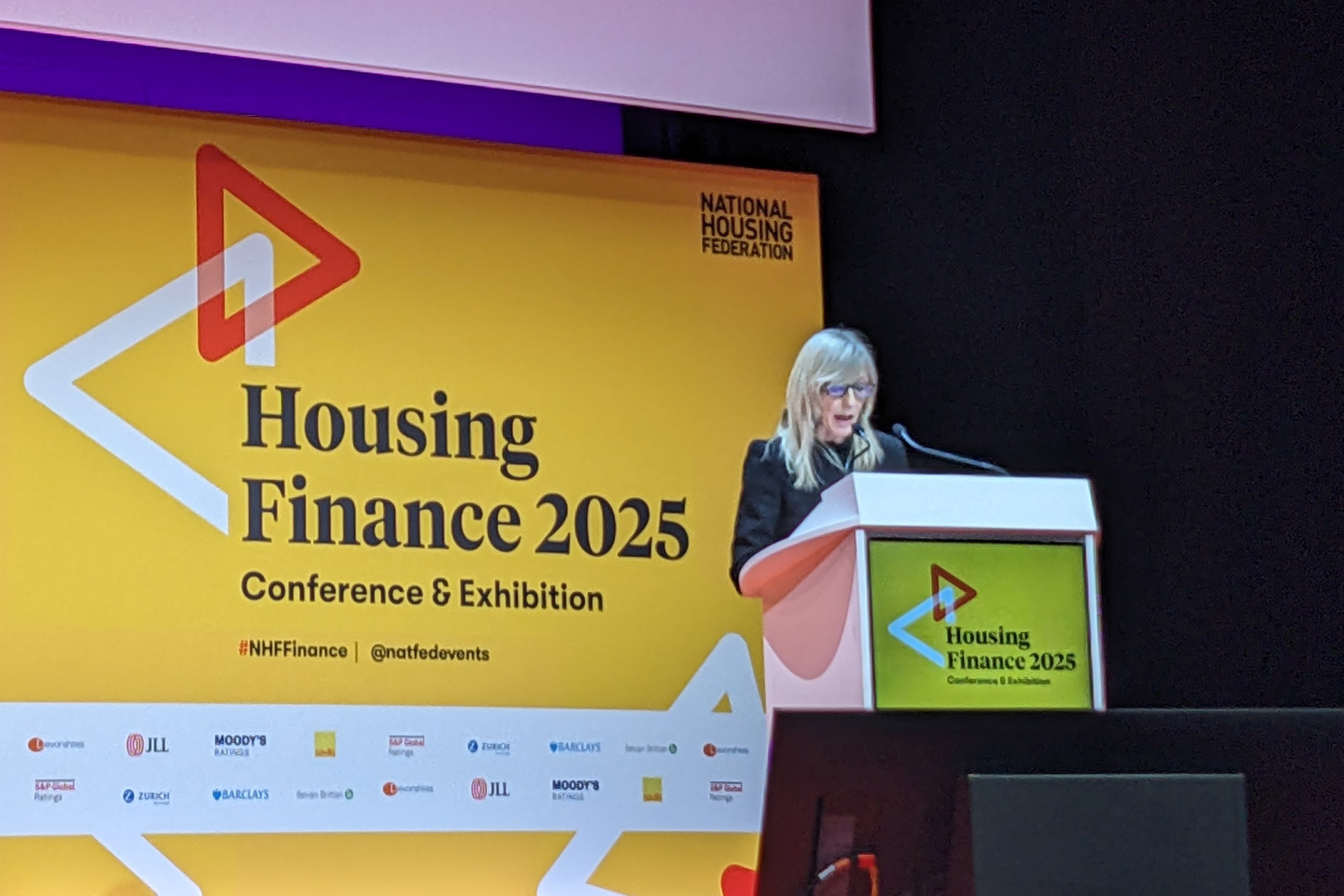To merge, or not to merge: that is the question for social landlords
Victoria Jardine from Anthony Collins Solicitors speaks to Social Housing about what social landlords must think about when considering a merger
In association with:
![]()
Mergers have made a major comeback. With social landlords facing a perfect storm of challenges – the building safety crisis, decarbonisation and, more recently, rising inflation – some have seen the option of a tie-up as an attractive and, in some cases, essential proposition.
But as we have seen in a few notable cases, these deals do not always come to fruition.
So why has this activity increased? And what are the challenges in completing a merger?
Here, Social Housing asks expert Victoria Jardine, partner at law firm Anthony Collins Solicitors, to share her thoughts.
Why has there been such an uptick in merger activity?
Organisations are facing fundamental truths about their future. They are thinking about how they can deliver better services and better homes for their customers, while remaining financially stable.
Coming through the pandemic, it was very difficult to merge because operationally organisations were in complete flux and not really understanding what the future would hold. But we’ve gone past that now and are looking at a bleak economic situation going forward.
Some organisations are openly and very proactively seeking mergers to deliver better outcomes for their customers and organisations. Others are seeking the same outcomes, but view mergers with more reluctance. We will start to see a distressed cohort of landlords having to merge in order to remain viable.
I don’t think a merger can still be seen as a viable strategy in itself, especially for previously merger-hungry registered providers.
They must deliver measurable efficiencies and better outcomes, because this is what customers and the regulator will expect and will check back on – and nor should a merger be seen as a last resort for others.
Organisations need to start from the premise of: if we don’t merge, what does that mean for us, rather than what if we do merge? Then ask themselves: can organisations really say that the better interests of their customers lie in continued independence, and what is the evidence for that?
Pressure may increase to demonstrate why not merging is in an organisation’s best interests.
What are the biggest challenges in pursuing a merger in the current climate?
Stock condition. Landlords need a granular understanding of the quality of the stock they will be acquiring and the group they are joining, and what this will mean in terms of future investment.
This drives the business plan. But they also need to factor in the costs of merger from a funding and funders’ perspective.
In the current climate, it’s difficult to get a clear understanding of both of these until the process is relatively advanced. It’s also a chicken and egg situation as the business plan needs to take account of the cost of any funding consents, which may well not be known until the plan is scrutinised by the funders.
Consumer regulation is another factor, particularly the Regulator of Social Housing’s new tenant satisfaction measures and the need to reflect these in the merger process.
Tenants have always had to be consulted on a merger, but it’s increasingly important to demonstrate that the customer voice is at the heart of these kinds of decisions.
How is the current merger scene different to the financial crisis of 2008-09?
Times were tough in 2008-09 with a significant recession, but I don’t think they were anywhere near as tough as they are now.
In 2008-09, the social housing sector was more buoyant financially than it is now, although it might not have felt it at the time. We had a different government – the tail end of Labour being in power – and housing associations’ finances were in a much more robust position.
It was coming to the end of the Decent Homes Programme and consequently registered providers’ properties were generally in good condition. Finances were pressing, but not on this scale.
The sector is now dealing with huge investment needs and a backlog of planned maintenance. Back then, in contrast to now, you didn’t have the whole building safety agenda. You didn’t have net zero carbon expectations. But now there is no capacity to continue to push back essential investment decisions, and this is without factoring in net zero. It’s all about efficiencies, stock investment and better services for customers.
Victoria Jardine, housing governance partner, Anthony Collins Solicitors
Victoria Jardine specialises in corporate, governance, regulatory and charity law advice to providers. She works with boards and executive teams on their strategy, and delivers major projects including group structures and mergers, business growth and governance improvement.
Ms Jardine also leads Anthony Collins’ legal assurance services, including its legal compliance certification and legal update report regulatory framework.
What advice would you give to an association thinking about a merger?
Make sure you understand your own stock and investment costs and can present these transparently, and likewise for those of the merger partner.
Engage early with funders. However, don’t expect a clear picture from them of their requirements or costs for consent until you can demonstrate a viable business plan.
Consider confidentiality and the market abuse regulations where you have listed bonds, too. You cannot afford news of a merger to leak out, particularly where the capital markets are involved. You may need to keep this confidential for much longer than in previous times – think about how you will do that, comply with regulations and manage an effective process at the same time.
You also have to think about capacity at board and executive level. Merger preparations take up a lot of time and attention. My advice would be to not let it distract you from the day job of running the organisation effectively.
Funders want to see their investment protected and this tracks into preferring a business plan that is grounded in appropriate investment in existing stock, rather than development of new stock at the expense of investment. So it’s important to demonstrate a viable business plan with appropriate investment choices.
I would suggest that you shouldn’t have a predetermined view on what merger or post-merger structure works best for your organisation – this should be influenced by what is right for both organisations.
Keep tenant satisfaction measures in the back of your mind as touchstones for what the merger must enable the organisation to do in the future. Especially do not kick material business decisions down the road presuming a merger will happen. It may not, and you could weaken your core business as a result.
How vital is the role of due diligence in a successful merger?
Due diligence is essential for two reasons: first, so each can understand the other’s business and where the risks are; and second, to inform the way the merger takes place and the subsequent integration plan.
It’s notable that a lot of mergers seem to result in some form of regulatory engagement within the following two to three years as a result of something coming out of the woodwork.
So clearly, the due diligence they did at the time did not pick everything up. Due diligence in the modern world must be a considered process, which focuses on the outcome – a stronger merged organisation that understands its risks and manages them well.
RELATED








